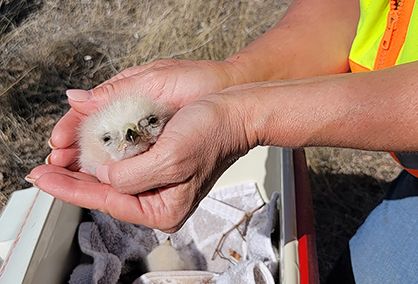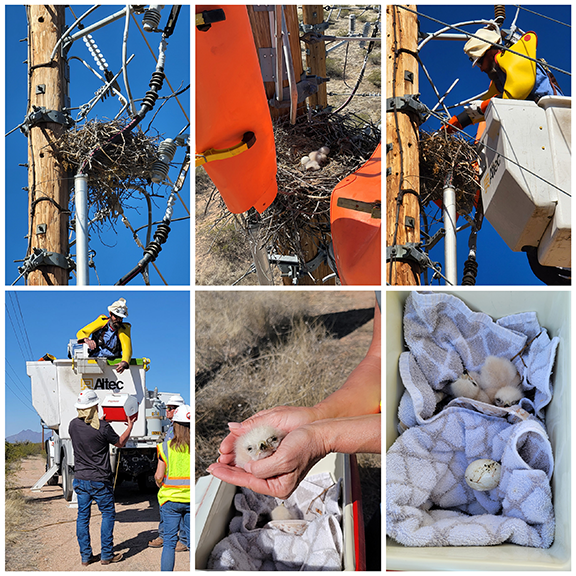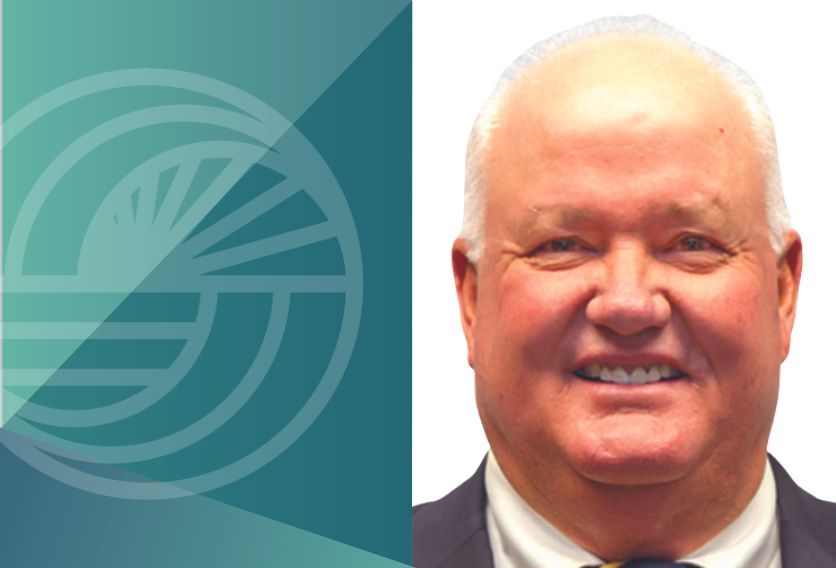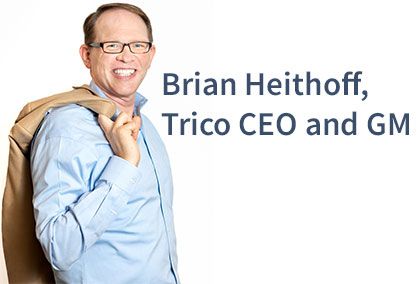Making the Switch to an Electric Vehicle?
Making the Switch to an Electric Vehicle?
December 1, 2024
If you’re considering making the switch to an electric vehicle (EV), Trico is here to help. As your trusted local energy partner, we can help you make informed decisions about home charging options and factors to help you decide if an EV works for your typical driving needs.
Types of EVs
There are three common types of EVs. All-electric vehicles, also known as battery electric vehicles or BEVs, are powered solely by a large battery. Because BEVs are powered by a rechargeable battery and do not use gasoline, they produce zero emissions. On average, BEVs can run on a full battery for 110–300 miles.
Plug-in hybrid electric vehicles (PHEVs) are powered by a combination of a large battery, an electric motor and a gas-powered engine. PHEVs recharge battery power from regenerative braking and can also be plugged in to a standard outlet. Depending on the model, they can run on full battery power (alone) for 15–60 miles.
Hybrid electric vehicles (HEVs) use an electric motor to assist gas-powered engines. Similar to PHEVs, HEVs can also recharge their battery power from regenerative braking, but the power comes from the gas engine, and they do not plug in to an electrical outlet.
Home Charging Options
Most new BEVs and PHEVs include a Level 1 charging unit (110-volt compatible), which can be plugged into any standard household electrical outlet. A Level 1 charger typically provides two to five miles of range per hour of charging, which may work for those with shorter daily commutes.
For lengthier daily drive times, Level 2 chargers can be installed for faster charging, at 10–30 miles of range per hour. A Level 2 charger uses 240-volt service, which may require electrical upgrades conducted by a licensed electrician.
Trico can help
Member interest in EVs is growing and that’s why Trico provides information about EVs on our website so our Members can make informed EV purchasing decisions. We also offer two voluntary rate options for EV owners.
Trico EV Time-of-Use Rate
Trico’s voluntary Electric Vehicle Time-of-Use Rate (EV TOU Rate) is for eligible Members who have EVs. Members who sign up for the EV TOU Rate will receive up to 400kWh of energy at a 45 percent rate reduction if they charge their EVs between the hours of 10 p.m. and 5 a.m. Encouraging charging during off-peak hours supports Trico’s system and helps save money for all Members. This experimental rate is available to the first 1,000 Members who sign up.
Trico EV Unlimited Rate
With this rate, Trico will own and install a Level 2 charger at the Member’s home and provide unlimited EV charging at a fixed monthly cost when charging between the hours of 9 a.m. – 4 p.m. and 10 p.m. – 6 a.m. Charging outside these hours is an additional $0.25 per kWh charge. This experimental rate is available to the first 1,000 Members who sign up.
For more information about EVs, visit our website at www.trico.coop, email sunwatts@trico.coop, or call us at 520‑744‑2944 ext. 1524 to speak to one of our Energy Solutions experts.
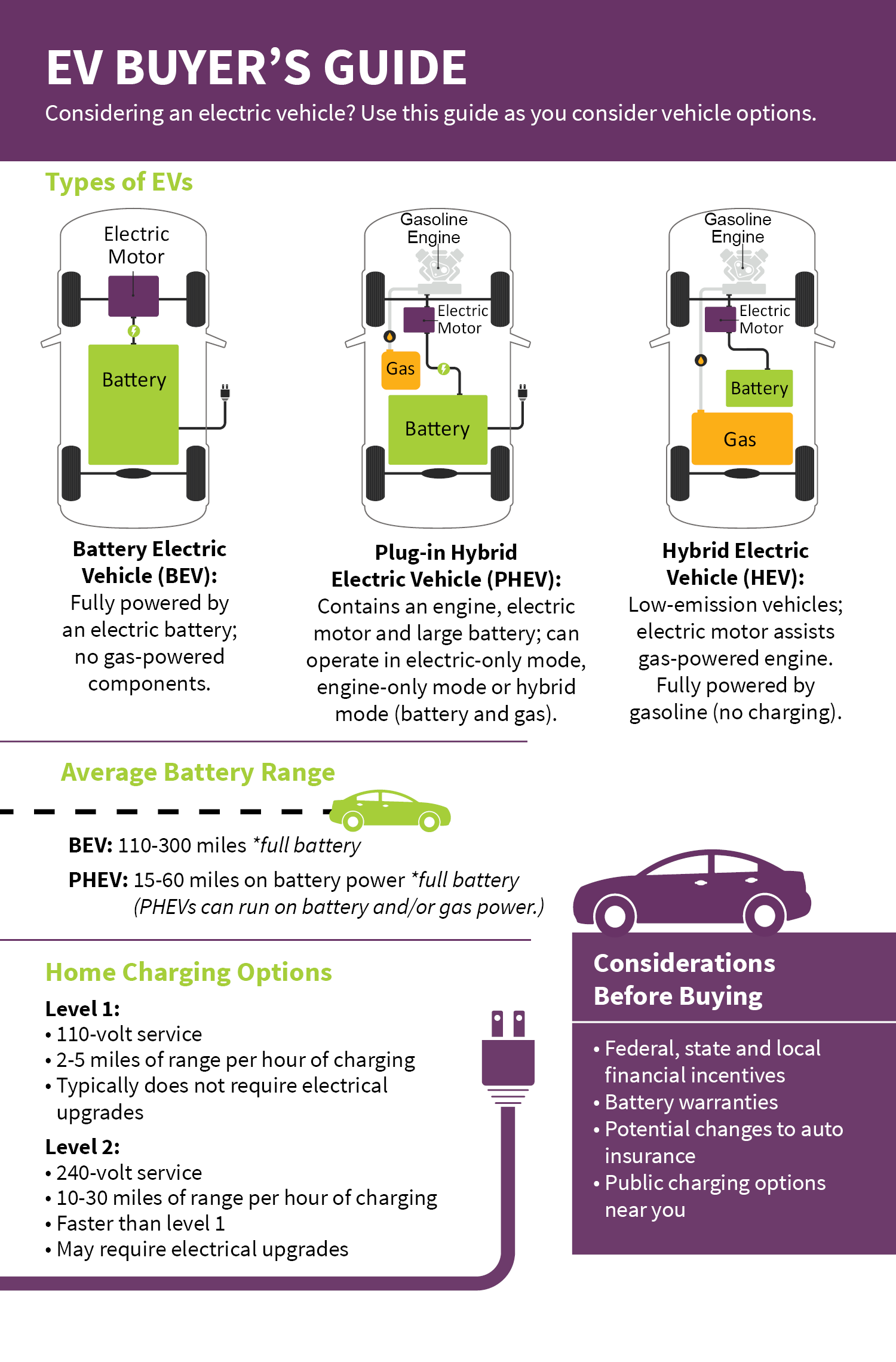

 SmartHub Log-in
SmartHub Log-in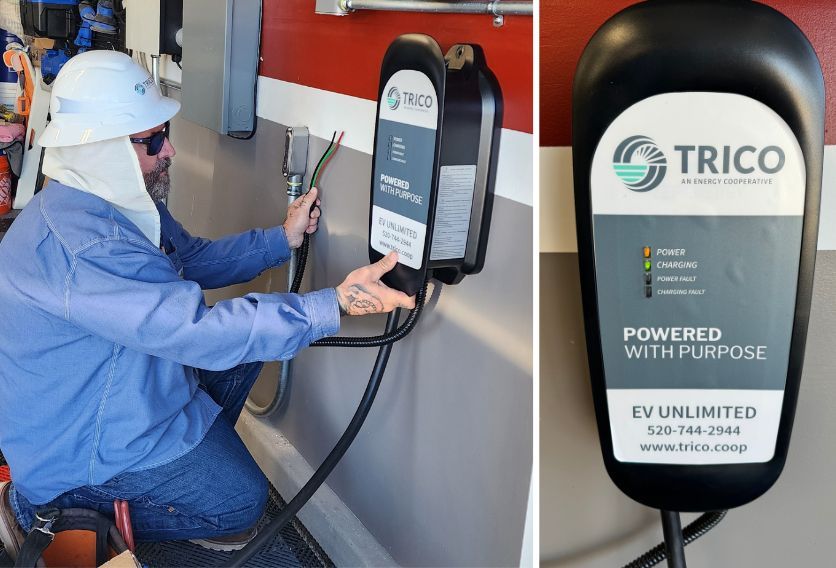







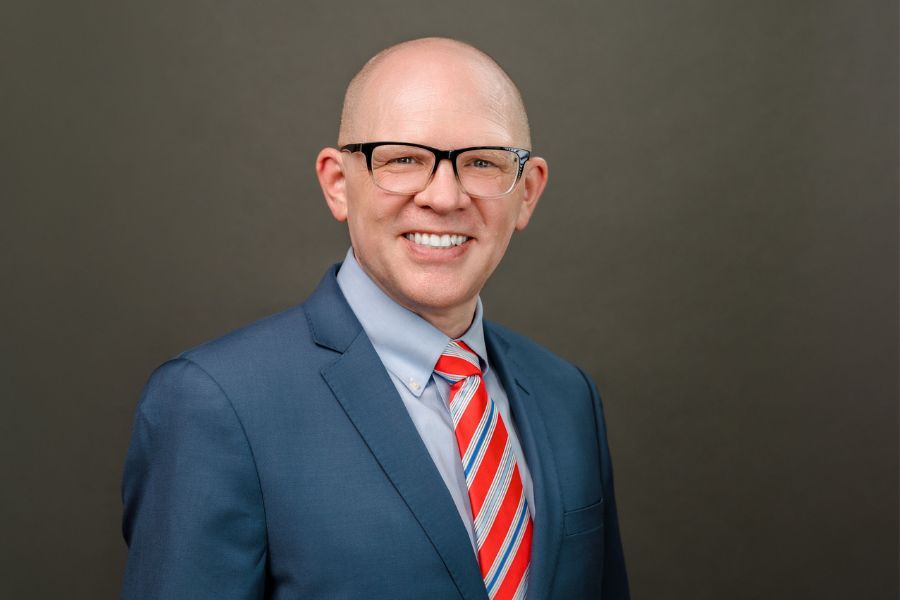
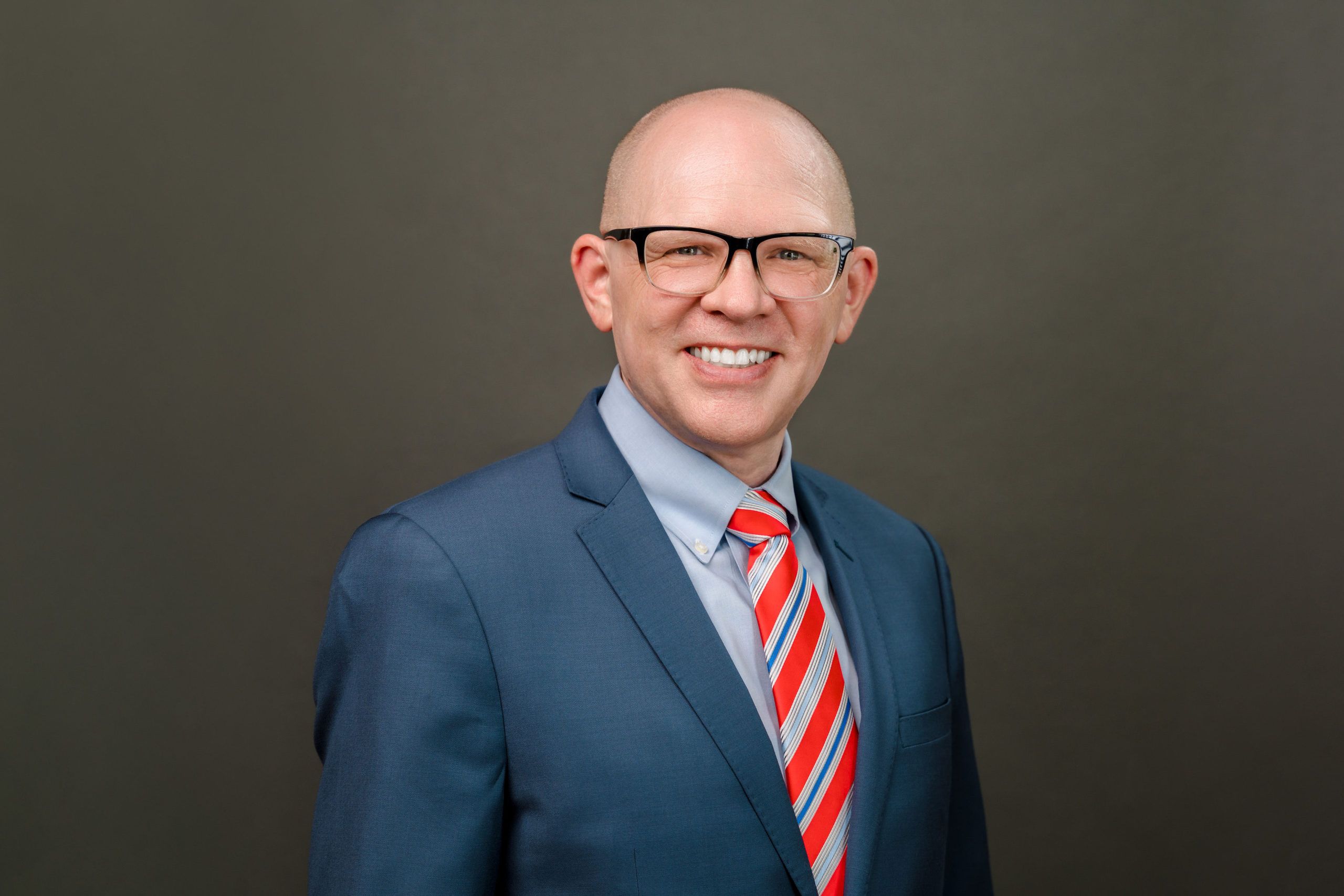



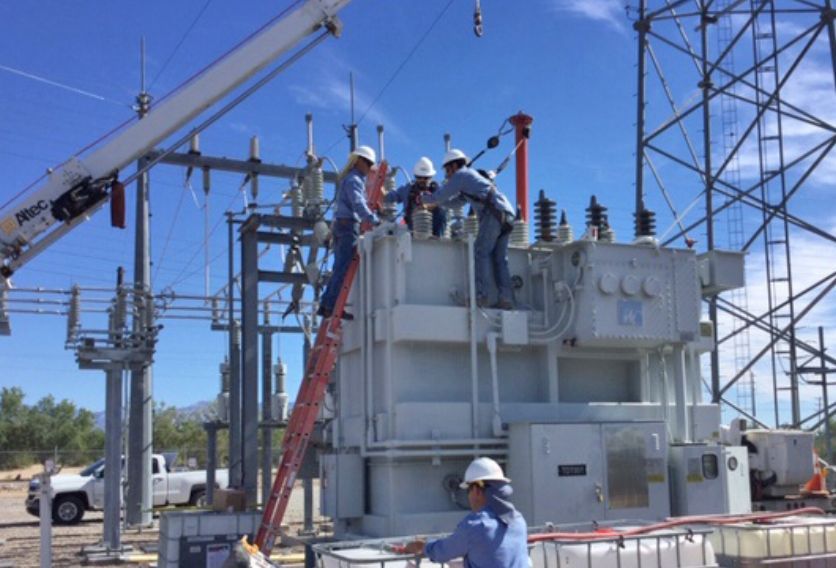
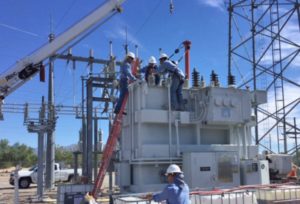 We do our best to provide excellent service day-in and day-out, and that includes timely installation of quality equipment to support our Members.
We do our best to provide excellent service day-in and day-out, and that includes timely installation of quality equipment to support our Members.
